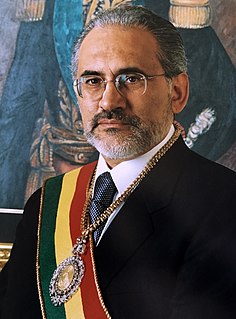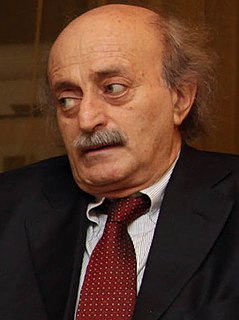A Quote by Aristotle
Great is the good fortune of a state in which the citizens have a moderate and sufficient property.
Quote Topics
Related Quotes
Some things the legislator must find ready to his hand in a state, others he must provide. And therefore we can only say: May our state be constituted in such a manner as to be blessed with the goods of which fortune disposes (for we acknowledge her power): whereas virtue and goodness in the state are not a matter of chance but the result of knowledge and purpose. A city can be virtuous only when the citizens who have a share in the government are virtuous, and in our state all the citizens share in the government.
But if we are to retain freedom, then we can only do so by keeping the determining mass of the citizens the possessors of property with personal control over it, as individuals or as families. For property is the necessary condition of economic freedom in the full sense of that term. He that has not property is under economic servitude to him who has property, whether the possessor of it be another individual or the State.
It must not be supposed that happiness will demand many or great possessions; for self-sufficiency does not depend on excessive abundance, nor does moral conduct, and it is possible to perform noble deeds even without being ruler of land and sea: one can do virtuous acts with quite moderate resources. This may be clearly observed in experience: private citizens do not seem to be less but more given to doing virtuous actions than princes and potentates. It is sufficient then if moderate resources are forthcoming; for a life of virtuous activity will be essentially a happy life.
It is a well-settled principle of the international code that where one nation owes another a liquidated debt which it refuses or neglects to pay the aggrieved party may seize on the property belonging to the other, its citizens or subjects, sufficient to pay the debt without giving just cause of war.
If the state cannot be entirely composed of good men, and yet each citizen is expected to do his own business well, and must therefore have virtue, still inasmuch as all the citizens cannot be alike, the virtue of the citizen and of the good man cannot coincide. All must have the virtue of the good citizen - thus, and thus only, can the state be perfect; but they will not have the virtue of a good man, unless we assume that in the good state all the citizens must be good.
Every new regulation concerning commerce or revenue; or in any manner affecting the value of the different species of property, presents a new harvest to those who watch the change and can trace its consequences; a harvest reared not by themselves but by the toils and cares of the great body of their fellow citizens. This is a state of things in which it may be said with some truth that laws are made for the few not for the many.
Your constitution guarantees to every citizen, even the humblest, the enjoyment of life, liberty, and property. It promises to all, religious freedom, the right to all to worship God beneath their own vine and fig tree, according to the dictates of their conscience. It guarantees to all the citizens of the several states the right to become citizens of any one of the states, and to enjoy all the rights and immunities of the citizens of the state of his adoption.
In religious and in secular affairs, the more fervent beliefs attract followers. If you are a moderate in any respect - if you're a moderate on abortion, if you're a moderate on gun control, or if you're a moderate in your religious faith - it doesn't evolve into a crusade where you're either right or wrong, good or bad, with us or against us.






































